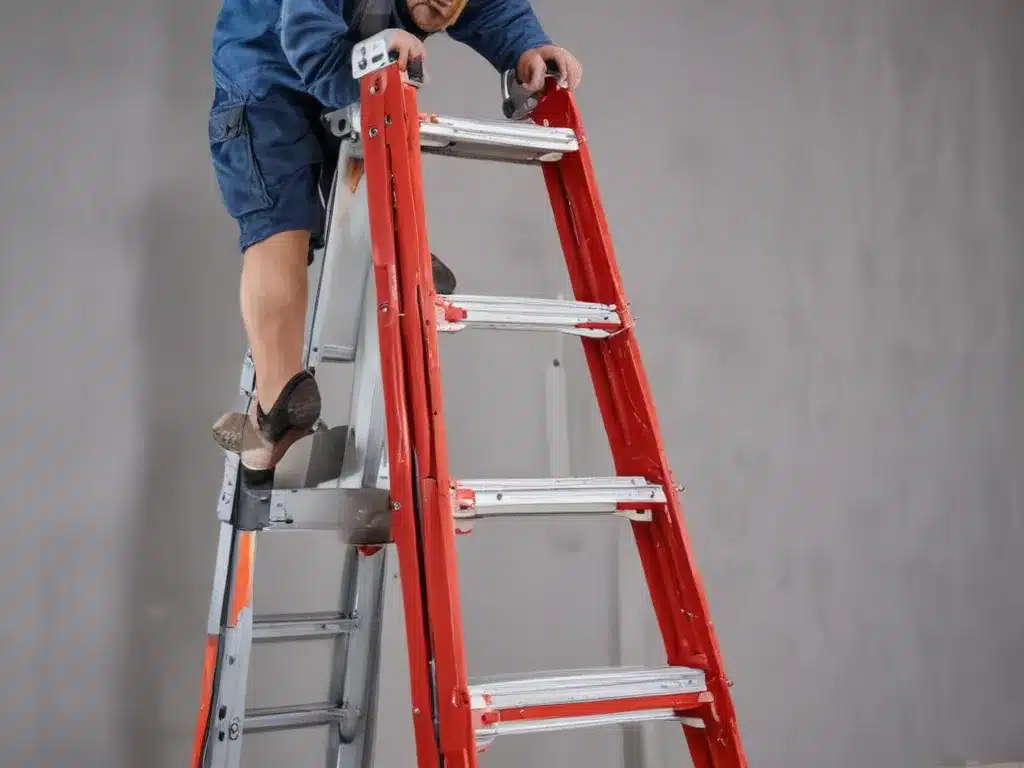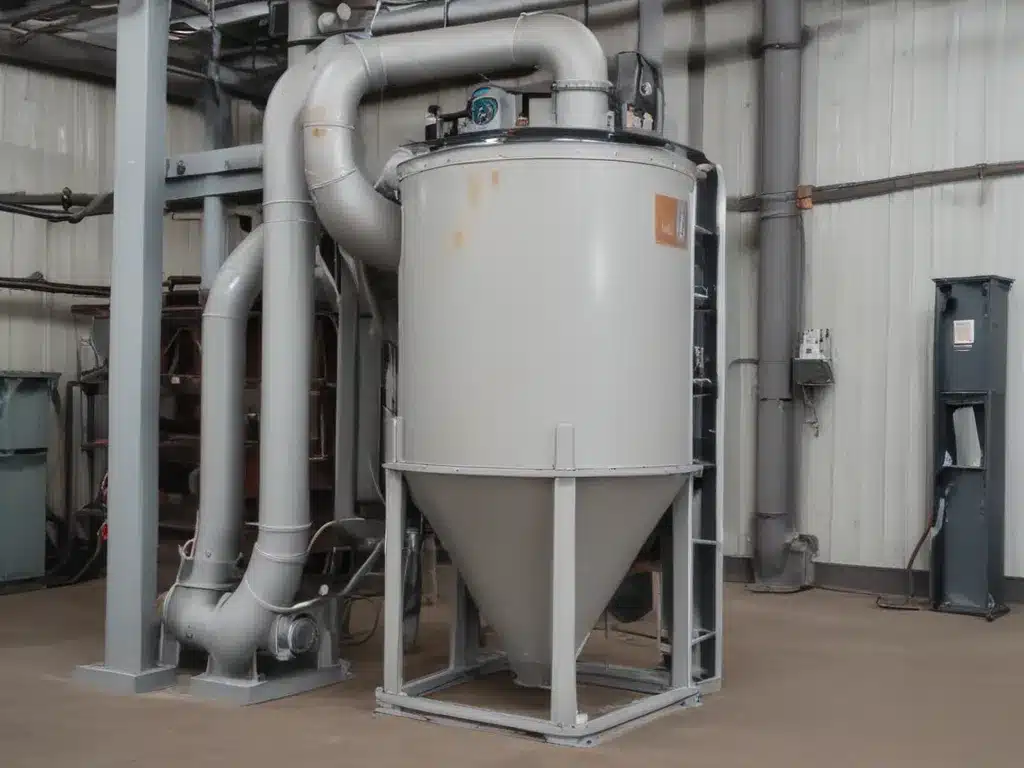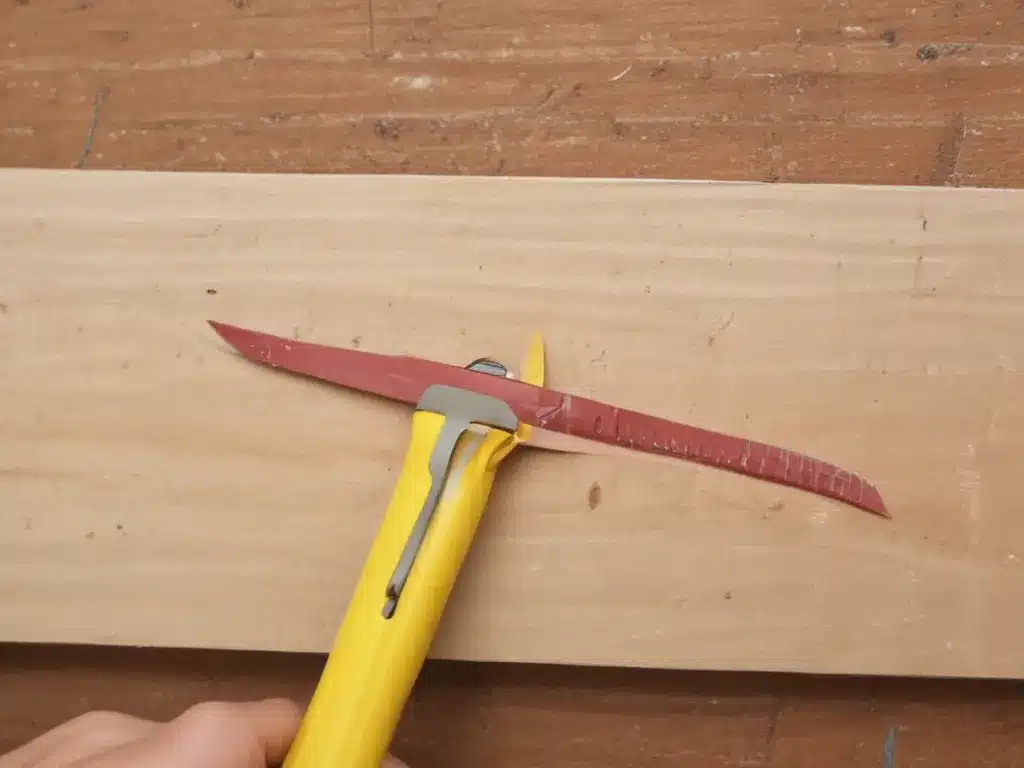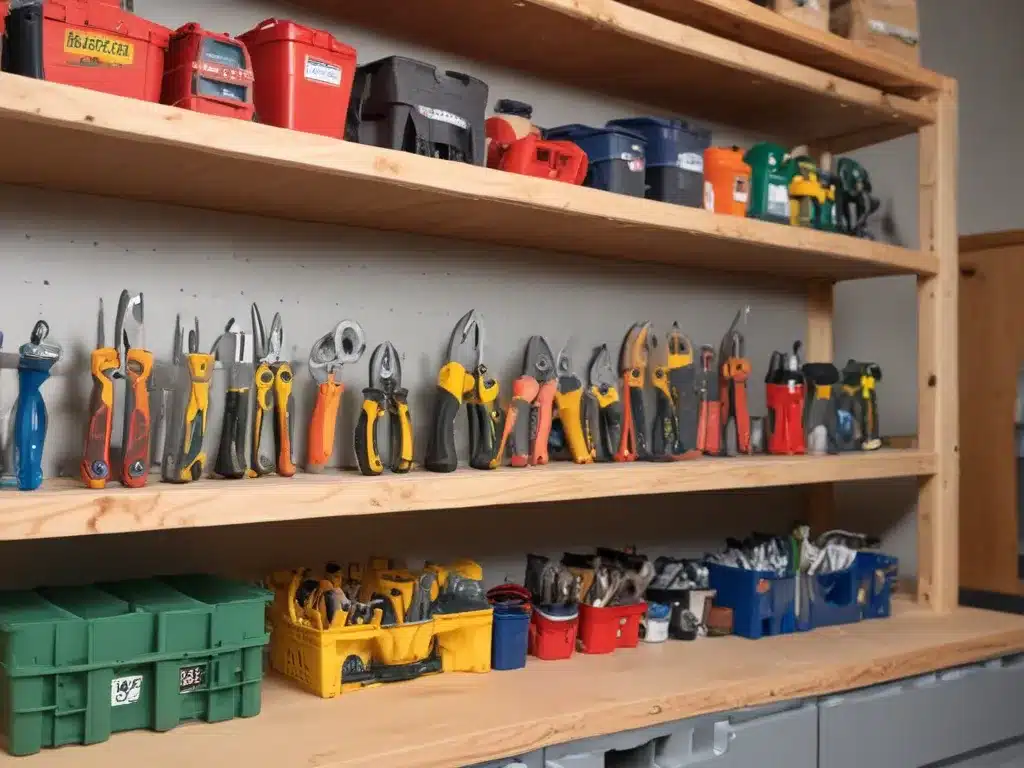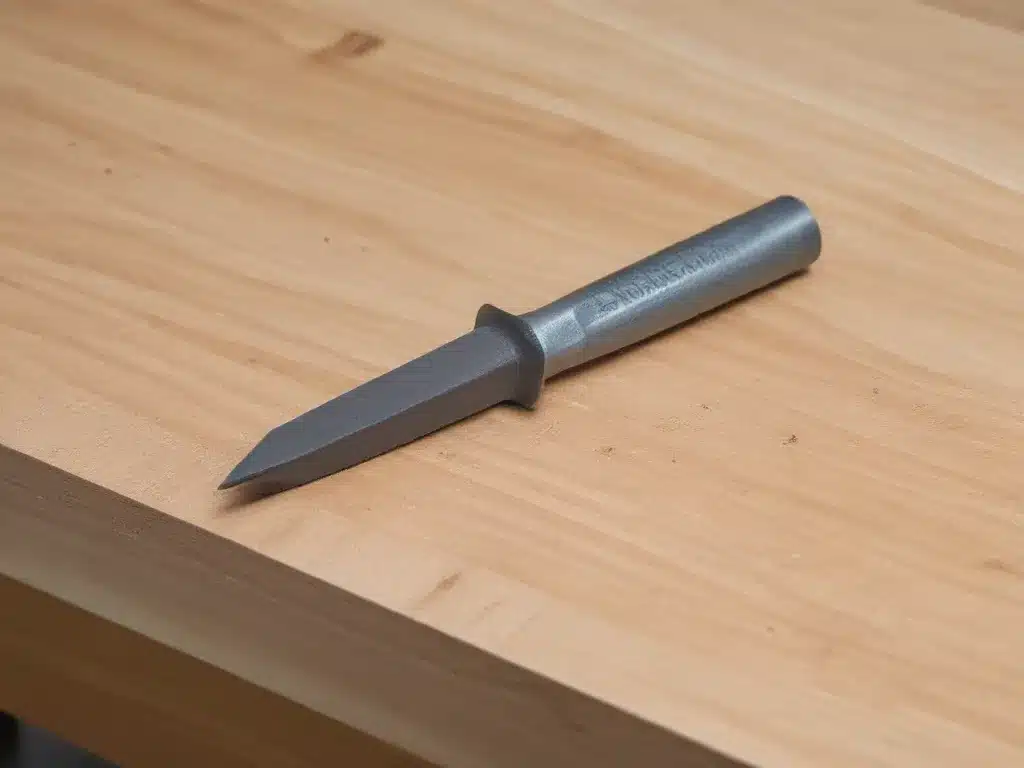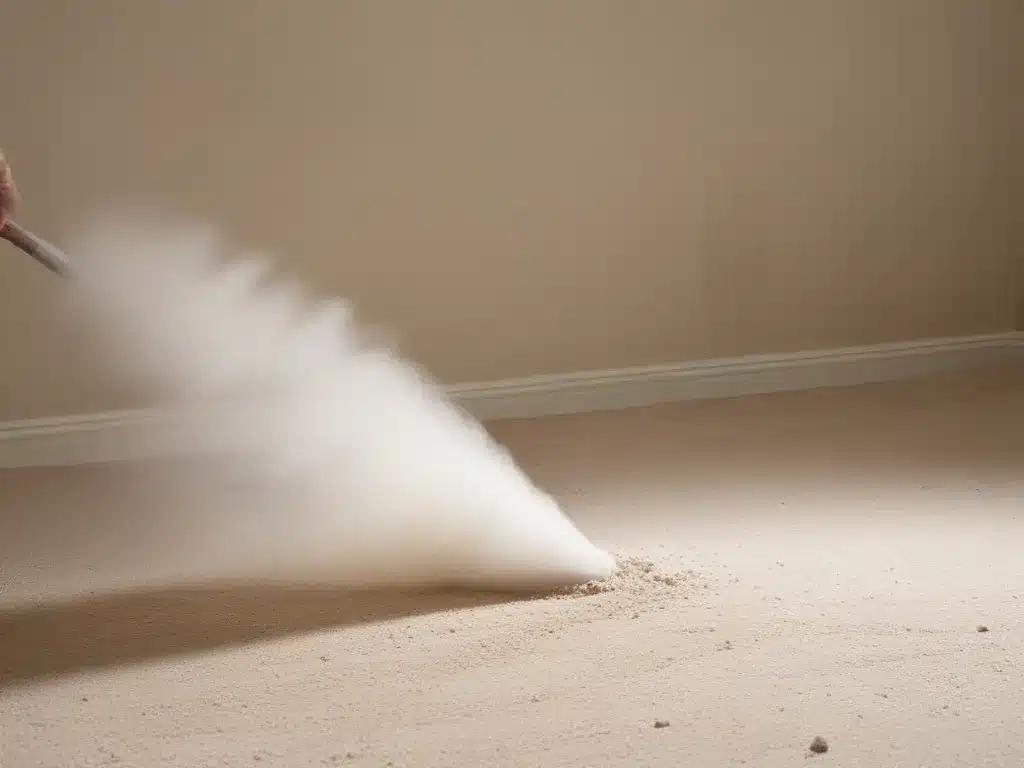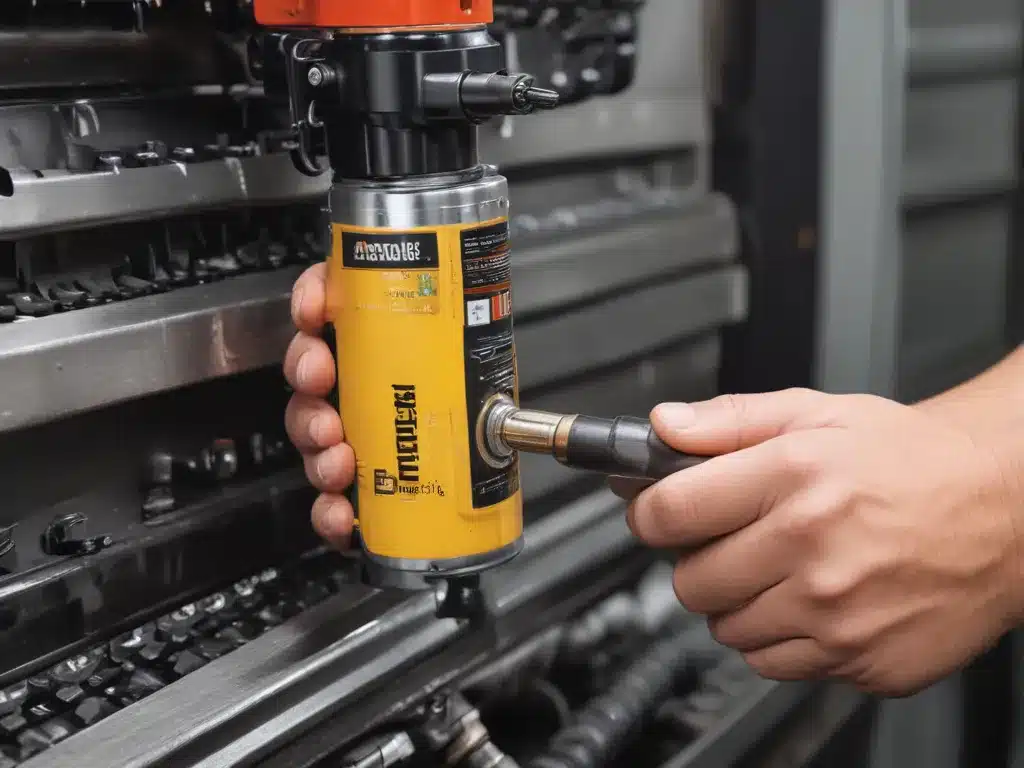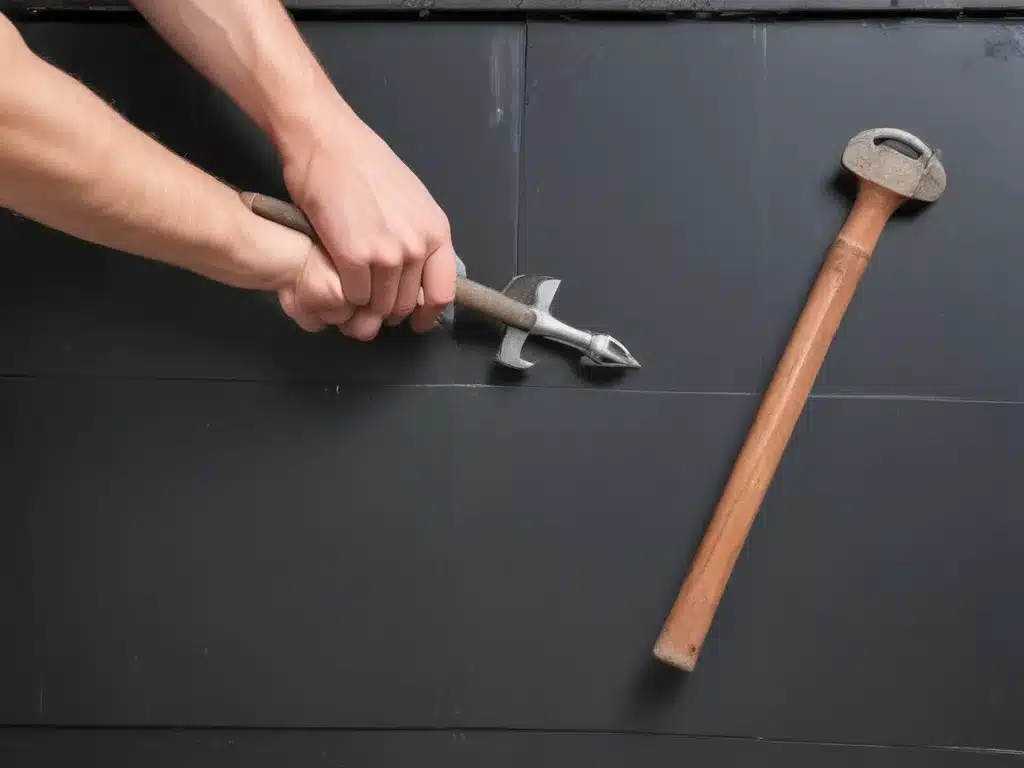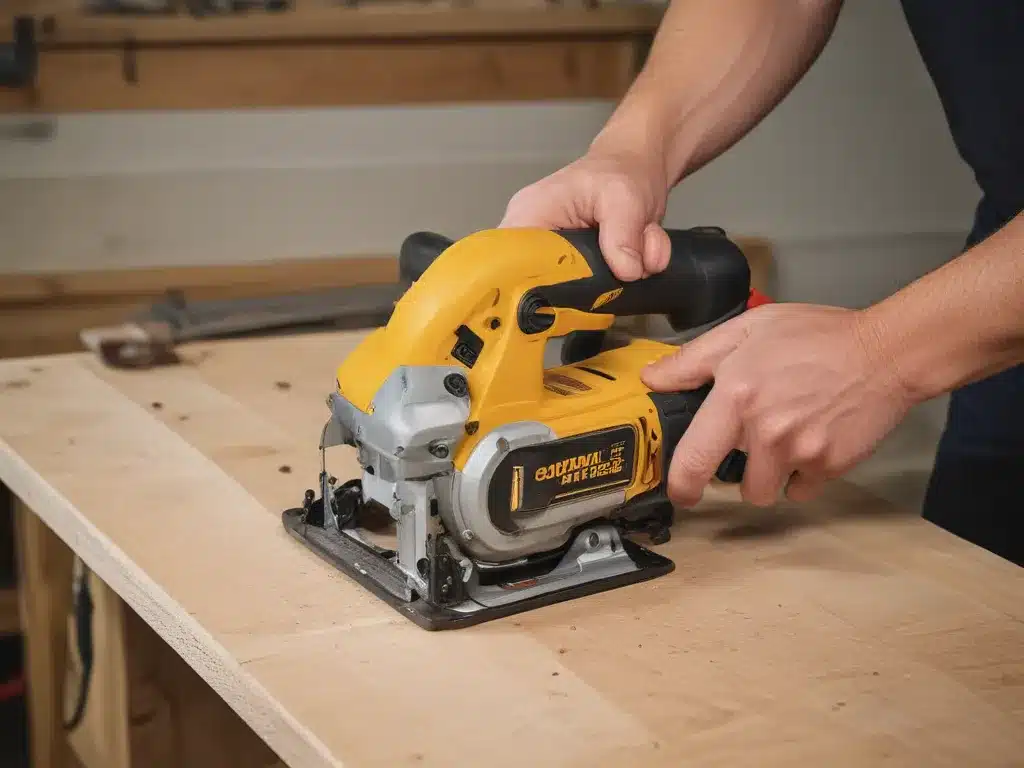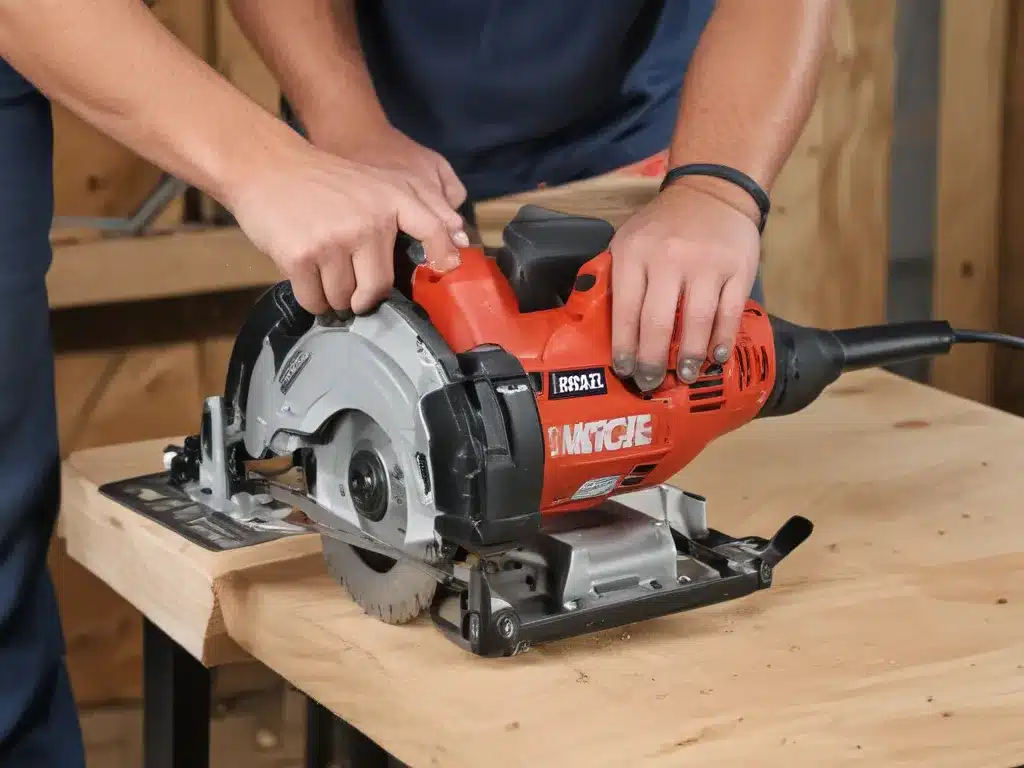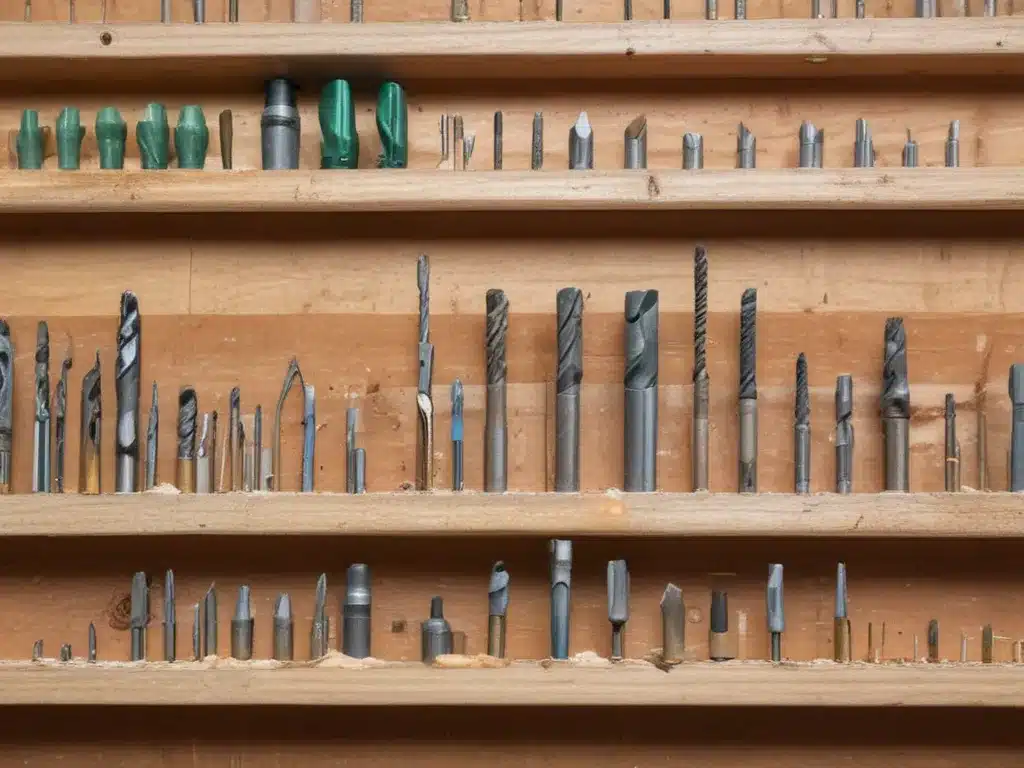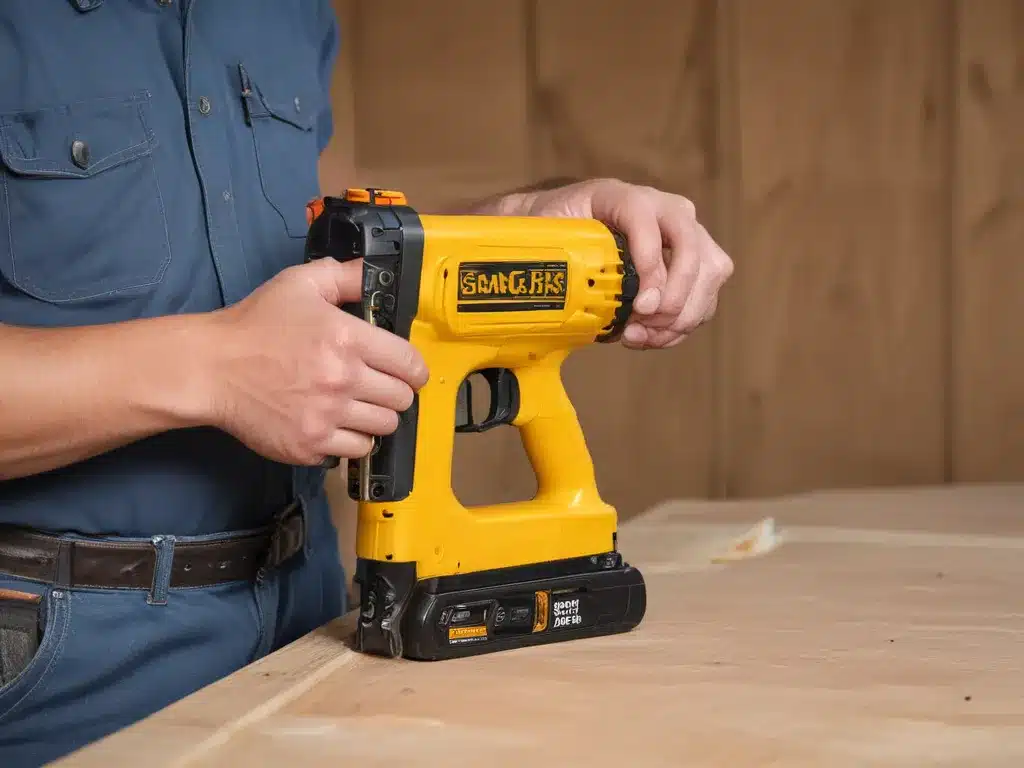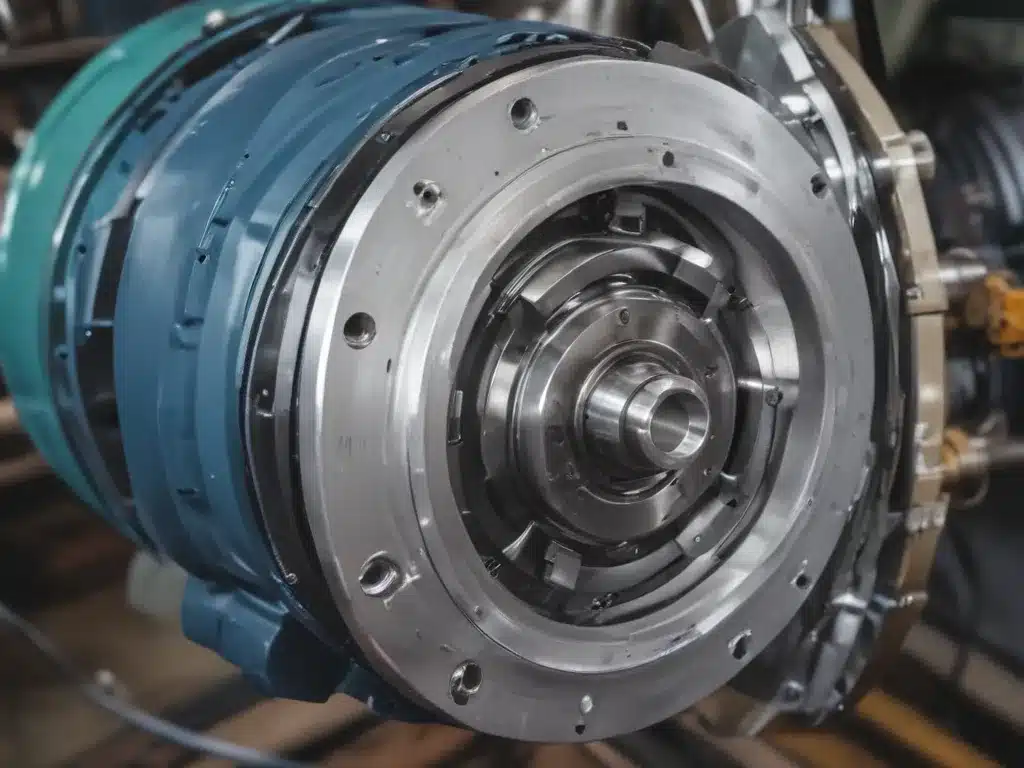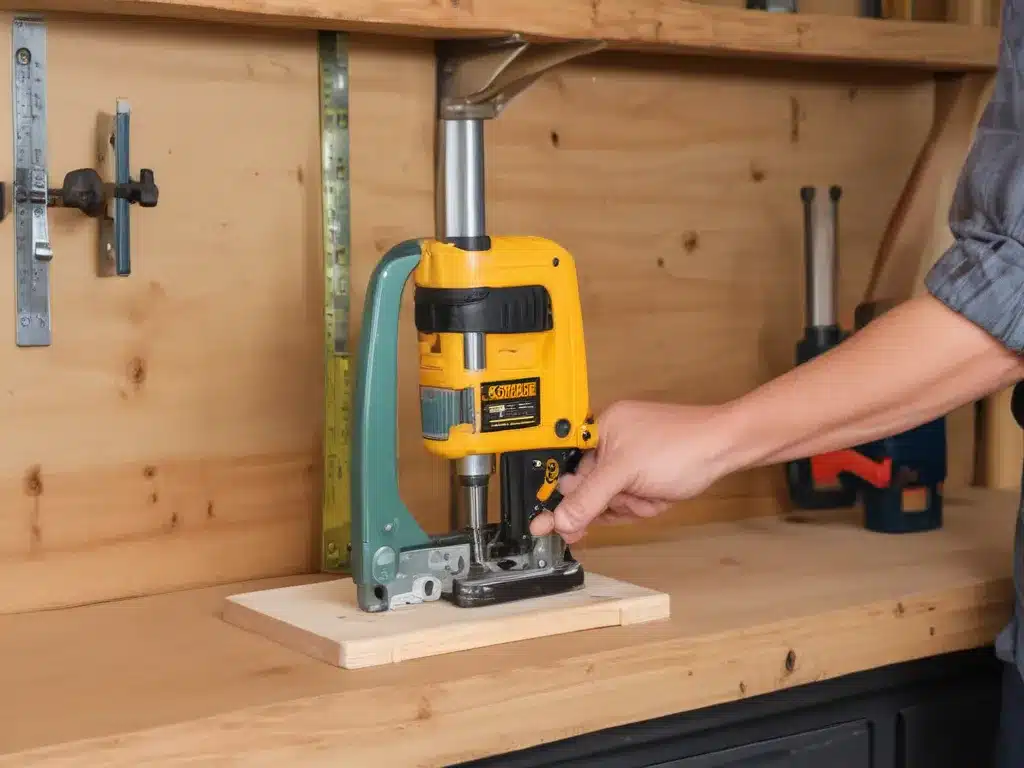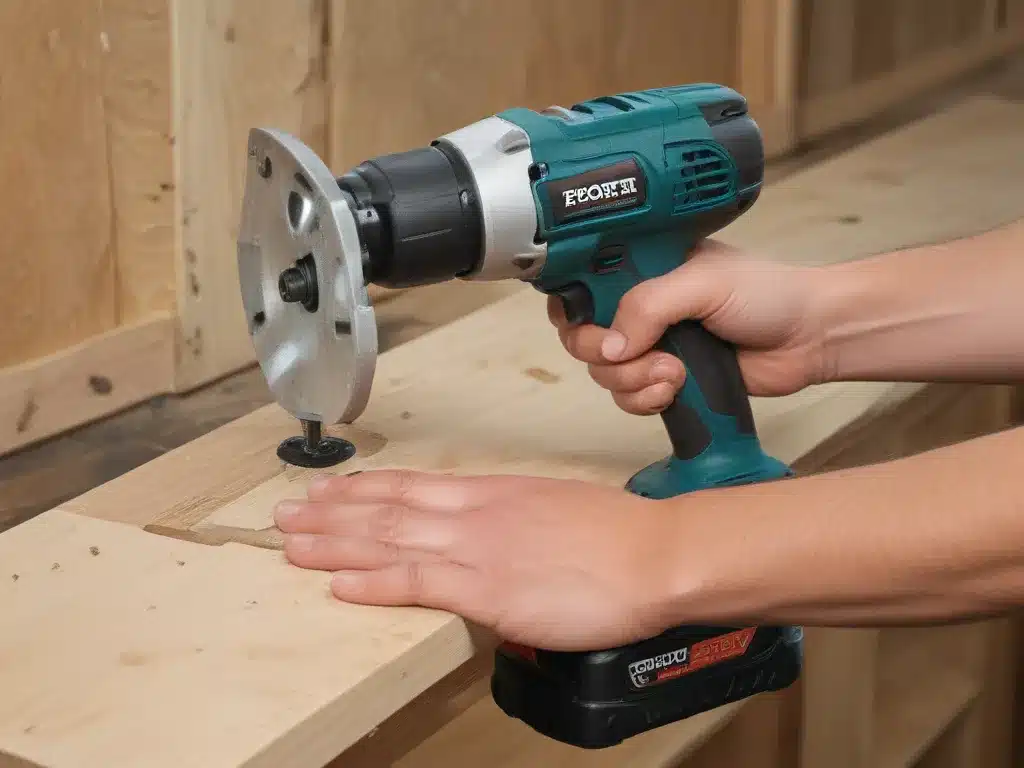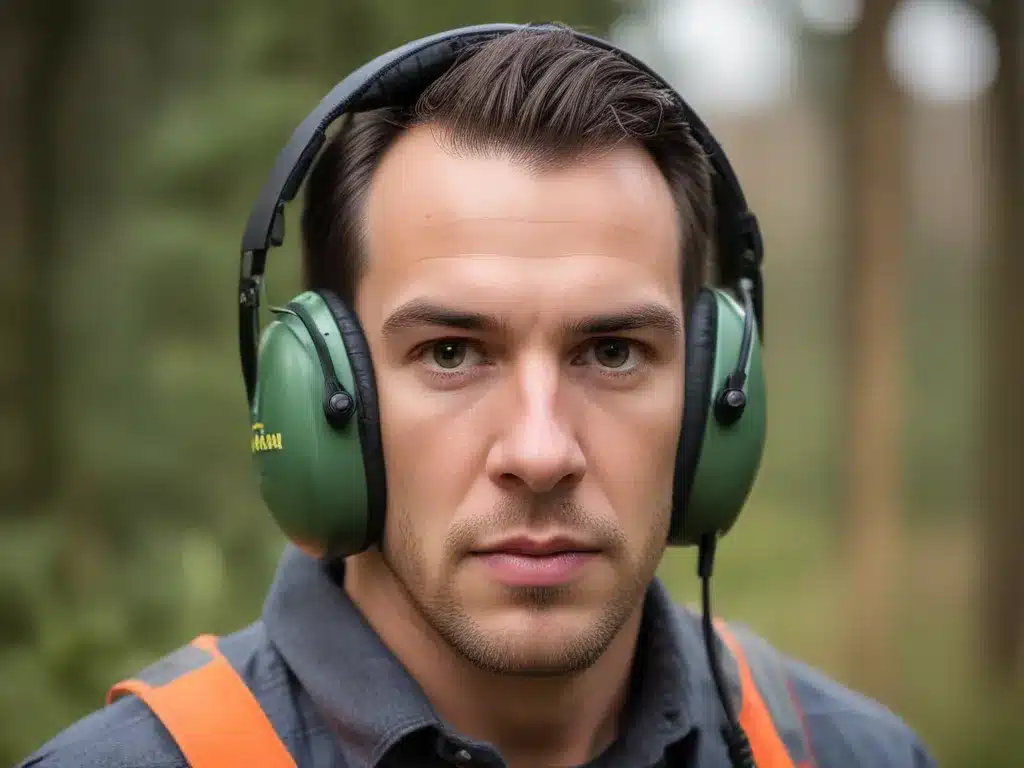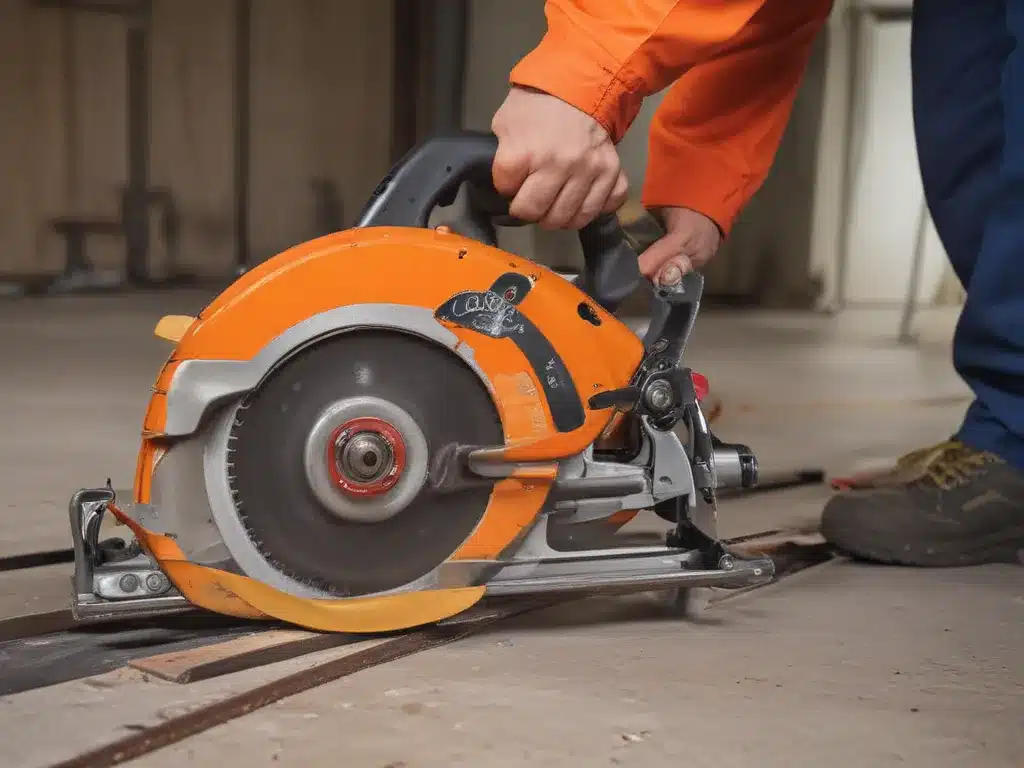The Humble Jointer: Your Woodworking Sidekick
Ah, the benchtop jointer – the unsung hero of the woodworking world. While people might swoon over the latest power saw or drill, I’m here to tell you that this little workhorse deserves just as much love and attention. After all, what’s the point of having a workshop full of tools if you can’t get your wood prepped and ready to go?
I still remember the first time I fired up my benchtop jointer. It was like some kind of magical woodworking alchemy – watching those rough, uneven boards transform into smooth, perfectly square pieces, ready to be turned into beautiful furniture or intricate projects. From that moment on, I knew this tool was going to be an indispensable part of my workshop.
But let’s be real – with all the options out there, picking the right benchtop jointer can feel a bit daunting. Do you go for the top-of-the-line model with all the bells and whistles? Or do you keep it simple and go for something more budget-friendly? And what about all those technical specifications – how do you make sense of them and figure out what’s going to work best for your needs?
Mastering the Fundamentals: Understanding Benchtop Jointers
Okay, let’s start with the basics. What even is a benchtop jointer, and why is it such an essential tool for any serious woodworker? In a nutshell, a benchtop jointer is a compact, tabletop-sized tool that’s used to straighten and smooth the edges of wooden boards. It works by passing the wood over a rotating cutter head, removing small amounts of material to create a perfectly straight and flat edge.
But the jointer’s usefulness doesn’t stop there. It can also be used to create beveled edges, chamfers, and even to flatten the faces of boards – all essential techniques for getting your wood prepped and ready for more complex projects. And let me tell you, there’s nothing quite like the satisfaction of running a rough, warped board through a jointer and watching it emerge as a perfectly straight, true piece of wood.
Of course, not all benchtop jointers are created equal. They come in a range of sizes, with varying cutter head widths, motor powers, and other features that can make a big difference in terms of performance and overall user experience. So how do you navigate all of these options and find the perfect jointer for your workshop?
Factors to Consider When Choosing a Benchtop Jointer
Cutter Head Width
One of the most important things to consider when selecting a benchtop jointer is the cutter head width. This refers to the maximum width of the board that the jointer can accommodate, and it typically ranges from around 6 inches to 8 inches for most benchtop models.
Now, you might be thinking, “Well, I’m just a hobbyist, so I don’t really need anything too big, right?” And that’s a fair point. But here’s the thing – even if you’re primarily working with smaller pieces of wood, having a wider cutter head can come in handy. It gives you more flexibility to work with larger boards, which can be useful for projects like tabletops, shelves, or even some furniture pieces.
Plus, let’s be honest – who doesn’t love the idea of having a tool that can handle just about anything you throw at it? It’s like having a trusty sidekick that’s always ready to lend a hand, no matter how big the task.
Motor Power
Another crucial factor to consider is the motor power of the jointer. This will determine how much oomph the tool has when it comes to removing material from your boards. Benchtop jointers typically range from around 1 horsepower to 2 horsepower, with the higher-powered models generally being able to tackle thicker or harder woods with greater ease.
Now, you might be wondering, “Do I really need all that power? I’m just a hobbyist, after all.” And that’s a fair question. The truth is, the amount of power you need will depend on the types of projects you’re working on and the materials you’re using.
If you’re primarily working with softwoods like pine or cedar, a 1 horsepower motor might be just fine. But if you’re looking to tackle harder woods like oak or maple, or if you tend to work with thicker boards, you’ll probably want to opt for a 2 horsepower model. Trust me, that extra power can make a big difference in terms of efficiency and overall performance.
Fence Quality and Adjustability
The fence on a benchtop jointer is another crucial component to consider. This is the part of the tool that guides the wood as it passes over the cutter head, ensuring that you get a perfectly straight and even edge.
The best fences are made of sturdy, high-quality materials and offer a range of adjustability features. Look for things like the ability to tilt the fence for angled cuts, as well as micro-adjustments that allow you to fine-tune the positioning with precision.
After all, what’s the point of having a powerful, high-quality jointer if the fence is flimsy and doesn’t give you the control you need? A good fence can make all the difference in terms of the accuracy and consistency of your work.
Dust Collection
Let’s talk about the elephant in the room – or should I say, the pile of wood shavings in the corner. Jointers can be pretty messy tools, and all that sawdust can quickly turn your workshop into a chaotic mess.
That’s why it’s important to look for a benchtop jointer with a solid dust collection system. The best models will come equipped with a built-in dust port that can be hooked up to a shop vacuum or other dust collection system, helping to keep your workspace clean and tidy.
Trust me, you’ll be grateful for that dust collection feature when you’re not spending half your time sweeping up after each project. It’s a small detail, but it can make a big difference in terms of your overall workflow and efficiency.
Additional Features
Of course, there are a few other bells and whistles to consider when selecting a benchtop jointer. Things like onboard storage for your tools and accessories, integrated mobile bases for easy portability, and even built-in lighting can all be handy additions that can enhance the overall user experience.
And let’s not forget about safety features, like blade guards and emergency stop switches. After all, woodworking can be a dangerous business, and you want to make sure you’re doing everything you can to protect yourself and your workshop.
Putting it All Together: Finding Your Perfect Benchtop Jointer
Okay, so now that we’ve covered the key factors to consider, how do you actually go about selecting the best benchtop jointer for your needs? Well, it all comes down to a careful balancing act of weighing your specific requirements, your budget, and the features that are most important to you.
For example, if you’re primarily working with smaller projects and softwoods, a 6-inch cutter head with a 1 horsepower motor might be a perfectly adequate and cost-effective solution. But if you’ve got visions of tackling larger, more ambitious projects with harder woods, you might want to consider stepping up to an 8-inch model with a 2 horsepower motor.
And don’t forget to factor in things like the quality of the fence, the dust collection capabilities, and any other features that might be important to you. It’s all about finding that sweet spot where you’re getting the best performance and value for your money.
Of course, this is just the tip of the iceberg when it comes to selecting the perfect benchtop jointer. There are tons of different models out there, each with their own unique strengths and quirks. That’s why it’s always a good idea to do your research, read reviews, and maybe even try out a few different options in person if possible.
And hey, if you’re feeling a bit overwhelmed by all of this, don’t worry – that’s where we come in. At Power Tools Pros, we’re passionate about helping woodworkers like you find the right tools for the job. We’ve got a wealth of expertise and resources to help guide you through the process, so you can be confident that you’re making the best investment for your workshop.
So what are you waiting for? Let’s get out there and find you the perfect benchtop jointer to take your woodworking skills to the next level!


